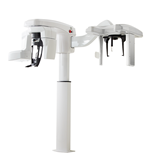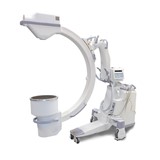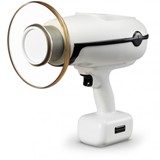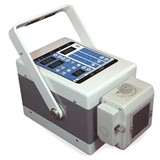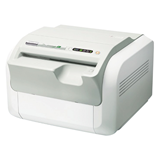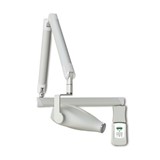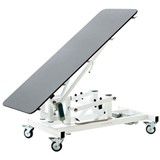Launched as part of phase two of the Choosing Wisely Australia campaign in Sydney, the RACGP's recommendations were developed by a working group of GPs, based on the latest evidence and research, and voted on by RACGP members.
RACGP President Dr Frank R Jones said GPs should be at the forefront of the responsible use of tests and treatments.
'General practice is a scientific profession and the science is continually being updated,' Dr Jones said.
'Most guidelines and textbooks cover useful new treatments, but we also need to make sure we have effective ways of disseminating the evidence that recommends against a test or treatment.'
The RACGP's list forms part of an overall 61 recommendations released by 14 Australian colleges, societies and associations involved in the Choosing Wisely campaign.
The five RACGP recommendations are:
-
Don't order colonoscopy as a screening test for bowel cancer in people at average or slightly above average risk. Use faecal occult blood screening (FOBT) instead.
-
Don't order chest x-rays in patients with uncomplicated acute bronchitis.
-
Don't routinely do a pelvic examination with a Pap smear.
-
Don't treat otitis media with antibiotics, in non-Indigenous children aged 2-12 years, where reassessment is a reasonable option
-
Don't test thyroid function as population screening for asymptomatic patients.
'The RACGP is a proud first-wave member of Choosing Wisely Australia, a valuable initiative that can assist GPs to start conversations about appropriate medical tests and procedures,' Dr Jones said.
'For example, chest x-rays involve radiation exposure, cost, time and effort on the part of the patient and we need to reserve them for situations where an x-ray is likely to change the treatment.
'Our recommendation suggests various situations where chest x-ray may be entirely appropriate but for most people walking through the GP's door with a cough, it does not really change what the doctor would do anyway.'
Dr Jones encouraged both general practitioners and patients to join in conversation and recognise the occasions when it might not necessarily be best to undertake certain tests, treatments or procedures.
'The RACGP wants to keep improving the system wherever we can and sometimes that means supporting GPs when they chose not to use a medical intervention,' he said.
'Therefore our Choosing Wisely working group have put a lot of effort into collating the evidence into a succinct, easy format that offers the local GP practical advice for common situations.'
Full copies of the recommendations are available on the Choosing Wisely website.

















